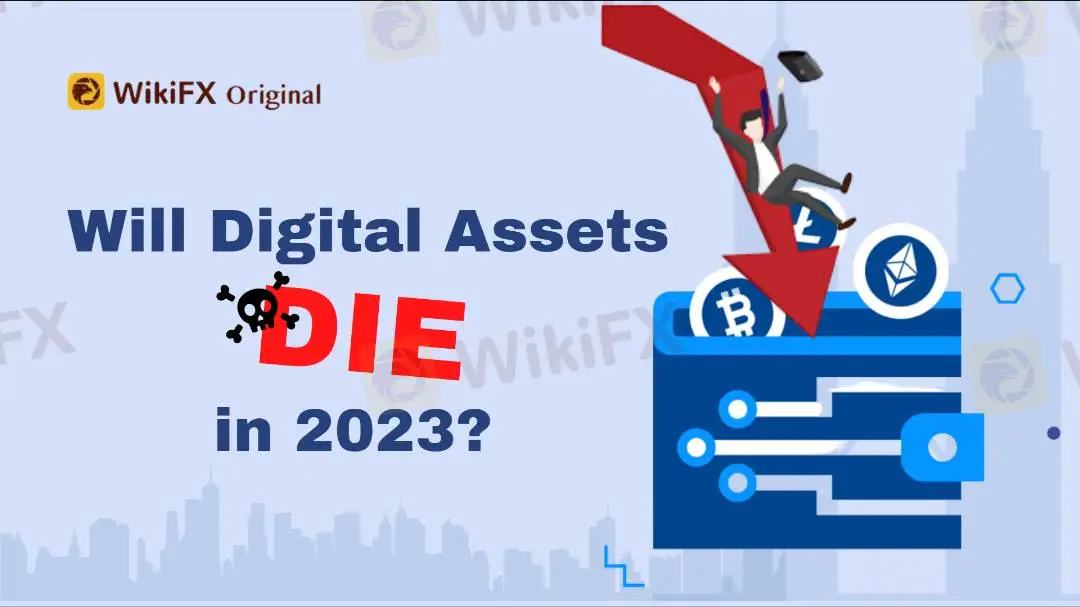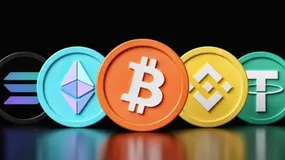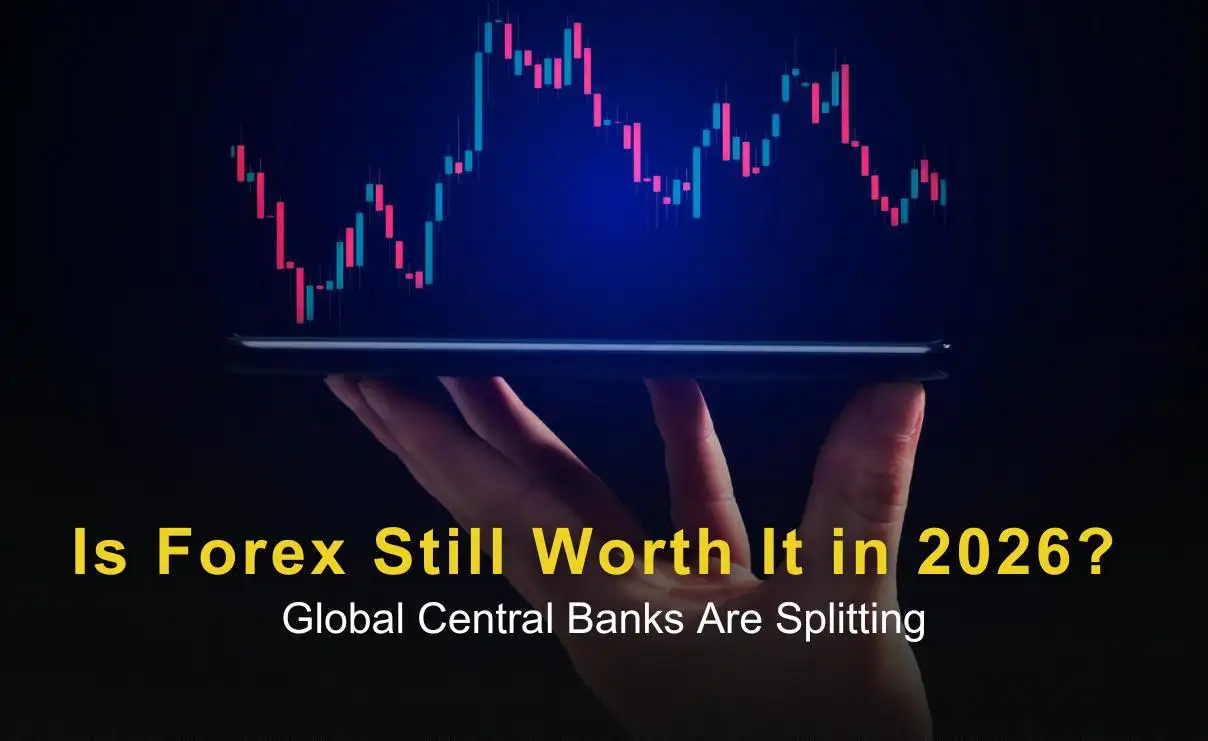If you haven't noticed yet, the crypto market is in free fall, but why?
Crypto has been falling rapidly the past few weeks with no indication of slowing down.
简体中文
繁體中文
English
Pусский
日本語
ภาษาไทย
Tiếng Việt
Bahasa Indonesia
Español
हिन्दी
Filippiiniläinen
Français
Deutsch
Português
Türkçe
한국어
العربية
Abstract:After a near-apocalyptic 2022 that witnessed the demise of one of the major giants in the cryptocurrency market, concerns about the future of the budding sector have been raging at tornadic speeds.

The abrupt and swift collapse of FTX, once the third-largest cryptocurrency exchange in the world, has renewed intense scrutiny of the digital sector, and this week, U.S. lawmakers have grown more eager to enact regulations to rein in dishonest actors, reduce fraud, and lower the risks for both large and small investors.
Sam Bankman-Fried, the former CEO of FTX, was detained on Monday in the Bahamas and is now being prosecuted in the United States on a number of fraud-related allegations related to the collapse of the exchange last month.
Mark Hooker, a professor of economics at Northeastern and long-time crypto skeptic, explained that though cryptocurrency transactions have been large in the past few years, they only make up a trivial part of the overall economy. Therefore, with such a minimal economic foothold, an industry-wide crypto collapse is quite possible, and even if that were to happen, it would not have much impact on the macro economy.
Hooker further asserted that some cryptocurrencies have disappeared naturally due to a lack of fundamentals and whether the bigger ones, namely Bitcoin and Ethereum, could withstand the test of time is another topic on its own. Nevertheless, Hooker still believes that it is entirely plausible for the collapse of these 2 prominent coins to happen as well.
Hooker claimed while there are plenty of historical examples of the discontinuation and devaluation of banknotes, or paper money, theres little precedent for the use and disuse of such arcane financial instruments as cryptocurrency.
As software objects, cryptocurrencies sometimes behave like money—usually in the form of digital tokens—and other times like assets somewhat proximal to a security or a commodity, which investors speculate on in order to turn a profit. Despite the purported social benefits of cryptocurrencies put forward by proponents of the decentralized finance movement, Hooker believed that, at the end of the day, digital coins had been used as instruments of crime, fraud and speculation because they are not backed by legitimate cash flow.
On the other hand, William Dickens, professor of economics and public policy at Northeastern, says that he personally does not believe that the crypto losses in 2022 will not be impactful enough to cause a ripple in the U.S. economy.
Dickens went on to add that it might not be good for the economy if banks and significant financial organisations went bankrupt as a result of cryptocurrency losses. But in his opinion, no significant organisation has ever suffered irreversible damage comparable to the 2007 housing bubble. A cryptocurrency crisis may also hurt the economy by reducing wealth, which would reduce consumer spending and consumption.
Hooker rejected this idea, believing that the major cryptocurrency investors are disproportionately wealthy individuals who have put their discretionary wealth (i.e., money they could afford to lose) into this sector. As a result, the loss they incur will be negligible in light of their total assets and wealth.
The Federal Reserve anticipates that interest rate increases will likely continue well into 2023. Thus rumours of the “death of crypto” will undoubtedly continue to feed investor angst.
Dickens anticipated the implosion of cryptocurrency from the start as he perceived it to be exactly like the tulip bubble or a Ponzi scheme. The largest crypto supporters who do not profit from it are those who do not realise that central banks play crucial roles in our existing financial system and that it is the best one will ever have. In other words, they either lack economic literacy or are the victims of absurd quasi-libertarian ideologies.
Knowing that the crypto industry possesses such high underlying risk, it is even more important for traders and investors to carry out more thorough due diligence in picking a reliable broker.
A friendly reminder from WikiFX:
Always opt for a regulated broker that is operating with valid license(s) as well as a legitimate business premise. A reliable broker according to WikiFXs strict evaluation process is one that has a Wiki score of at least 7.0 and above.



No matter how promising or highly raved a broker is, if it does not possess the aforementioned characteristics, stay sceptical about its credibility and continue to do more research before engaging in its services.

Disclaimer:
The views in this article only represent the author's personal views, and do not constitute investment advice on this platform. This platform does not guarantee the accuracy, completeness and timeliness of the information in the article, and will not be liable for any loss caused by the use of or reliance on the information in the article.

Crypto has been falling rapidly the past few weeks with no indication of slowing down.

The Indian Finance Minister Nirmala Sitharaman, while announcing the Union Budget 2026-27, proposed a sharp rise in the Securities Transaction Tax (STT) on Futures and Options as part of the government’s strategy to soothe the country’s overheated derivatives market. The move comes on the backdrop of regulators’ concerns over excessive speculation in F&O allowing retail traders to enter the market and lose capital. Whether the government will be able to curb excessive speculation in F&O through this move remains to be seen. The stock indices, however, were hit hard, with the BSE Sensex falling by 1500 points amid widespread selling on the STT hike. Let’s examine the potential impact of this hike on Indian F&O traders.

Entering 2026, diverging central bank policies are reshaping global FX and bond markets, while economic momentum shifts from developed economies toward India. Meanwhile, an upcoming leadership transition at the US Federal Reserve presents a key underappreciated risk that could trigger renewed volatility in interest rates and the US dollar.

Bursa Malaysia extended its rally to a fresh seven-year high, supported by stronger global earnings, continued buying in banking stocks and sustained foreign fund inflows, although analysts caution that near-term volatility may persist amid limited domestic catalysts.
